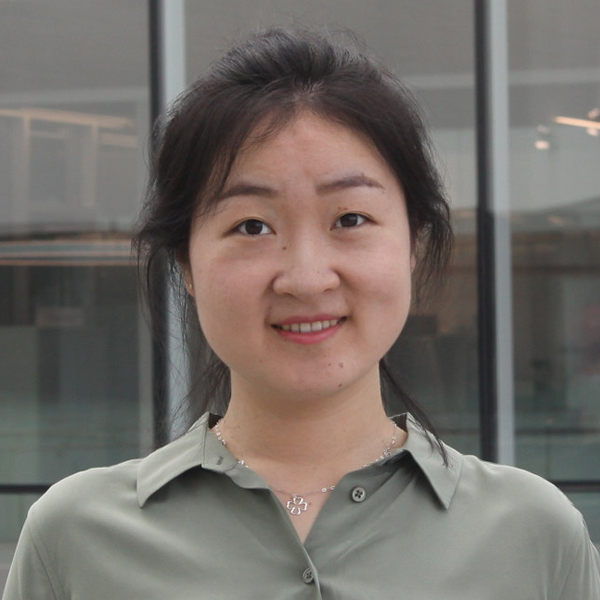Xu Wang receives NSF CAREER Award to advance intelligent tutoring systems

Xu Wang, assistant professor of computer science and engineering at the University of Michigan, has been awarded a National Science Foundation (NSF) CAREER Award to support her pioneering development of intelligent tutoring systems. She seeks to create digital learning tools capable of providing more tailored instructional support and improving educational outcomes across diverse learning environments.
The NSF CAREER Award is a prestigious honor given to a select number of early-career faculty who exemplify the role of teacher-scholars through outstanding research and education. The award supports young scientists and engineers who are leading advances in their respective fields and institutions.
Wang’s proposal, titled “Example-Enhanced Intelligent Tutoring,” focuses on enhancing the capabilities of intelligent tutors by moving beyond traditional approaches that rely largely on complex and rigid cognitive models. A foundational challenge in creating intelligent tutors lies in extracting the underlying cognitive model that guides tutoring behavior—a process that is often costly and labor-intensive, typically requiring cognitive task analysis with domain experts. In many domains, constructing a fully abstract model of expert knowledge is not only difficult but also impractical.
Wang’s research introduces what she terms a “checklist with examples” approach, which is a more flexible method in representing expertise. According to this approach, rather than requiring an expert to articulate “how to perform a task,” they can demonstrate their expertise by distinguishing between good or suboptimal ways to complete a task. With this new expertise representation model, Wang will create example-based tutors that leverage real-world scenarios to guide students through complex problem-solving tasks across various disciplines, from economics to computer science. This method not only reduces the need for exhaustive cognitive modeling but also provides educators with tools to adapt content to specific class needs, fostering a more personalized educational experience.
Wang plans to implement and test these intelligent tutoring systems in foundational courses at U-M next fall, including in economics, movement science, statistics, and her own computer science course. Through this work, she aims to make learning more interactive and effective and better prepare students for the complexities of real-world problem-solving.
Wang joined the CSE faculty in 2021 after completing her PhD at Carnegie Mellon University in 2020, where she specialized in human-computer interaction and educational technology. Her research has already led to significant advances in the field and has been published and received awards at major conferences, including CHI, Learning@Scale, and AIED. In addition to her CAREER Award, she has secured several NSF grants to support her work leveraging generative AI in STEM education and her development of advanced mixed reality-based surgical training techniques.
 MENU
MENU 
